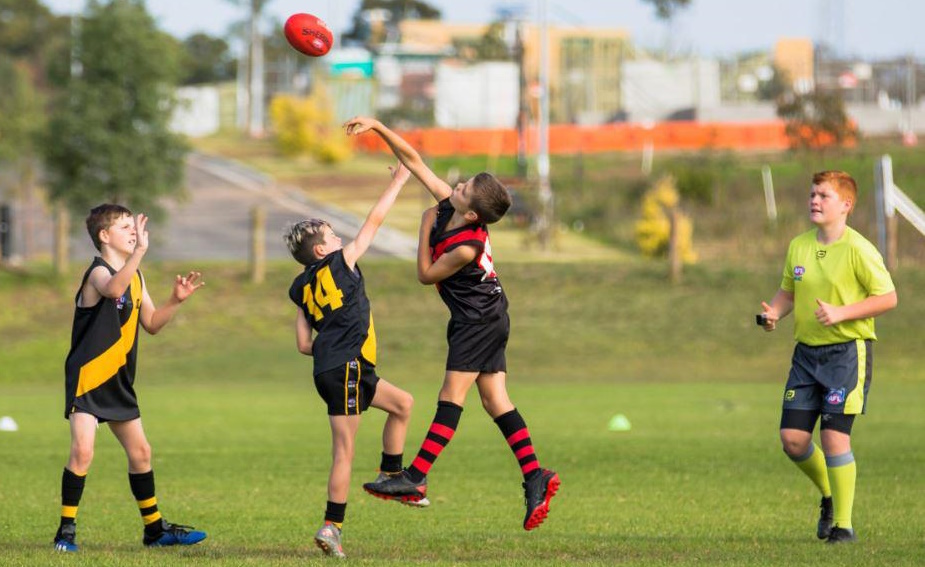Five Teacher Tips For A First Time Pianist
- Written by The Express

Learning to master the piano and other similar keyboard instruments, can be a genuinely rewarding experience, but it can also be overwhelming for a first-time pianist. As a teacher, I have seen many beginners need more guidance and direction to make progress.
To help you avoid these common pitfalls, I have compiled a list of five tips for the professionals that will help set you up for success as you embark on your piano journey.
Get a Good Instrument
The first step to becoming a successful pianist is to have a good instrument. A quality piano or keyboard will make learning and progress easier, while a poorly-made instrument can hinder your progress and frustrate you.
When choosing an instrument, I recommend going to the Brisbane piano store, Morris Brothers Piano. Consider things such as the number of keys, touch sensitivity, and sound quality. It's also important to consider your budget and the space available in your home.
Develop Good Practice Habits
Practice is essential for learning to play the piano, but it is important to practice effectively.
Instead of practising for hours on end, focus on short, focused practice sessions. Aim to practice for at least 20-30 minutes per day, and break up your practice time into smaller sessions if needed.
During practice, focus on technique, accuracy, and musicality. Setting specific goals for each practice session, such as learning a new piece or mastering a challenging section, is also helpful.
Find a Good Teacher
A good piano teacher can make a world of difference in your progress as a pianist. A teacher can provide guidance, feedback, and accountability and help you develop good practice habits and correct bad habits.
Look for a teacher with experience teaching beginners and a teaching style that works well for you.
You can find a teacher through local music schools, music stores, or online platforms such as Lessonface or TakeLessons.
Listen to Music
Listening to music is an important part of learning to play the piano. It can help you improve your sense of rhythm, musicality, and phrasing. Listen to a variety of piano music, including classical, jazz, and popular music, and try to analyseanalyse the music as you listen.
The advantages of a beginner piano player listening to a range of good quality piano music are numerous:
- It can help you to develop a sense of rhythm, musicality, and phrasing.
- It will introduce you to a variety of musical styles, including classical, jazz, and popular music.
- It will broaden your knowledge of the range of techniques and skills used by pianists, such as finger dexterity, hand coordination, and pedalling.
- It will help you build a repertoire of play pieces and inspire beginners to learn new pieces and techniques.
- It can become a source of motivation and inspiration as you progress in your piano playing.
- It will increase your appreciation and understanding of music and help you identify and analyseanalyse its different elements.
- It enhances the listening and ear training skills you'll need to recogniserecognise and reproduce different musical patterns and phrases.
- It can provide a source of relaxation, stress relief, and a sense of accomplishment and satisfaction as you improve your piano playing.
As you listen, pay heed to the melody, harmony, rhythm, and dynamics, and try to identify the techniques and skills used by the pianist.
Be Patient and Persistent
Learning to refine your piano playing skills is a journey that takes time and effort. You'll need to be patient with yourself and to remember that progress takes time.
Set realistic but also optimistic goals and celebrate your accomplishments along the way. At the same time, being persistent and consistent in your practice is important. Even when progress seems slow, keep practising and pushing yourself to improve.
Learning to play your piano and read music can be a challenging but rewarding experience. By following these five expert tips, you can set yourself up for success and make progress in your piano journey.
Remember to get a good instrument, develop good practice habits, find a good teacher, listen to music, and be patient and persistent. With time and effort, you can become a skilled and confident pianist.







